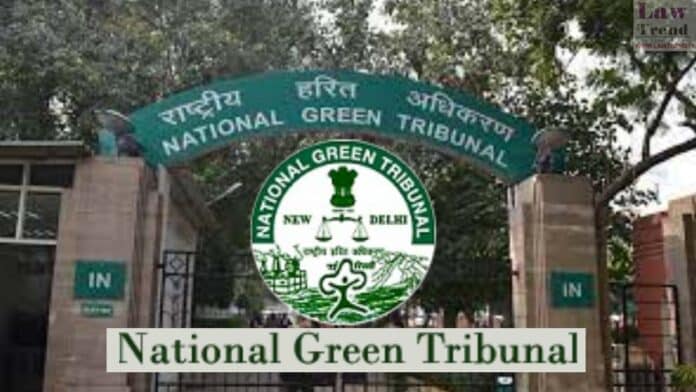Tribal organizations and forest dwellers across India are disputing the authenticity of the central government’s data on forest area encroachment reported to the National Green Tribunal (NGT). Representing over 150 groups, these communities claim that the government has not fully implemented the Forest Rights Act (FRA) of 2006, which recognizes their rights to the land.
The Union Environment Ministry has yet to respond to these allegations. The contention arises from a report submitted to the NGT, claiming that over 13 million hectares of forest land across 25 states and Union Territories are encroached. This report comes in the wake of a scheduled Supreme Court hearing concerning the constitutionality of the FRA—a hearing that was postponed due to the absence of a three-judge constitutional bench.
In 2019, the Supreme Court had initially ordered the eviction of more than 1.7 million families whose FRA claims were rejected. This decision was met with national protests, leading to the suspension of the eviction order and a directive for the review of rejected claims. However, tribal groups argue that the review process has been flawed and that both central and state governments have not been sincere in enforcing the law.
The data controversy was sparked by the NGT’s suo motu action in April last year, directing the Environment Ministry to gather data on forest encroachments. Tribal organizations like the Campaign for Survival and Dignity, which includes members from states like Chhattisgarh, Odisha, and Maharashtra, argue that this focus on encroachment undermines the FRA and poses a risk of mass evictions.
Researcher C R Bijoy highlighted that many of the claims rejected in 2019 were not processed according to the law. He emphasized that the rights of forest dwellers should be identified and recorded under the FRA before addressing issues of encroachment.
Critics of the government’s report argue that it fails to distinguish between illegal encroachers and legitimate forest rights holders, potentially setting the stage for another round of evictions. They accuse the government of submitting “false” data to the NGT, questioning the methodology and the rush to label communities as encroachers without adequate recognition of their legal rights under the FRA.




